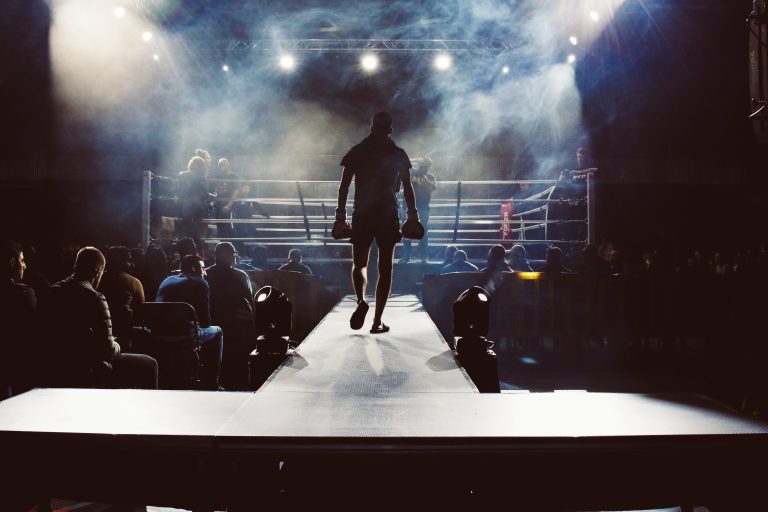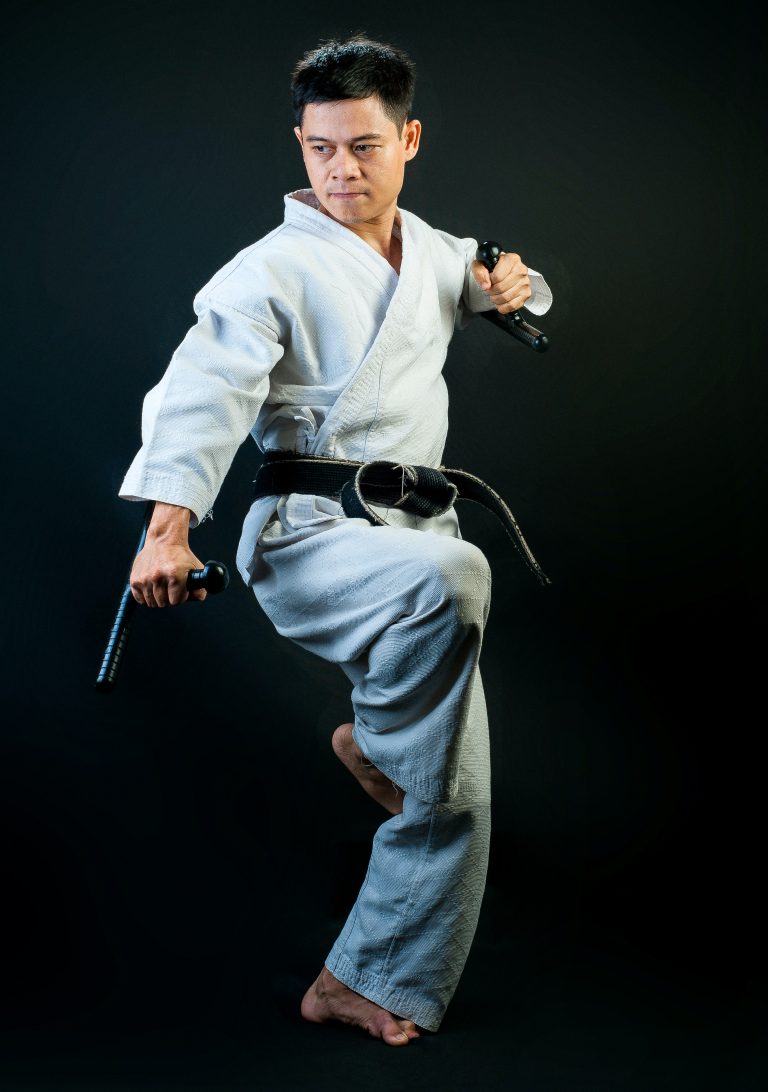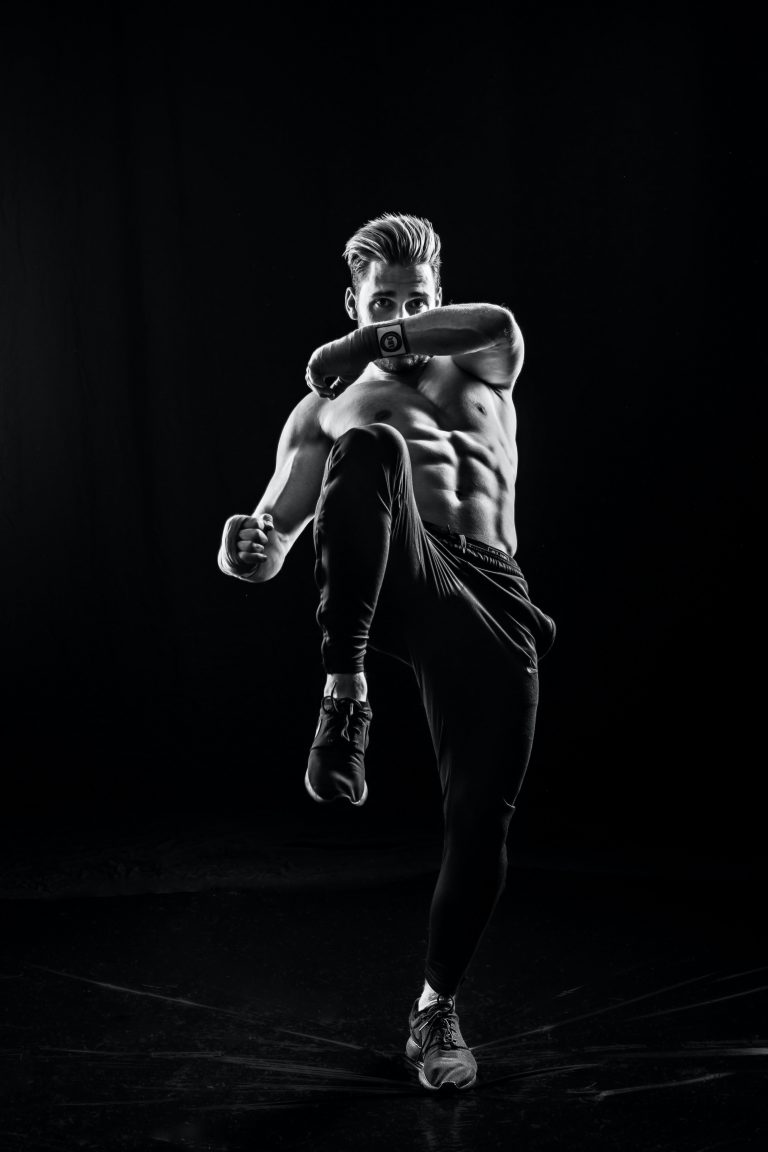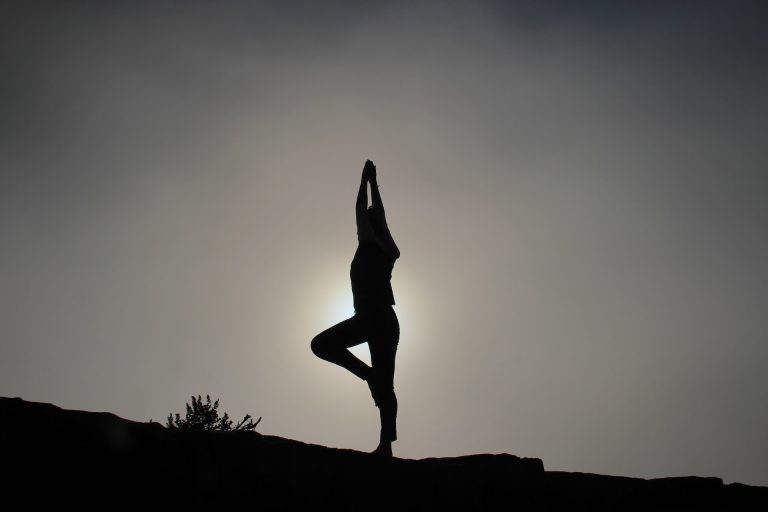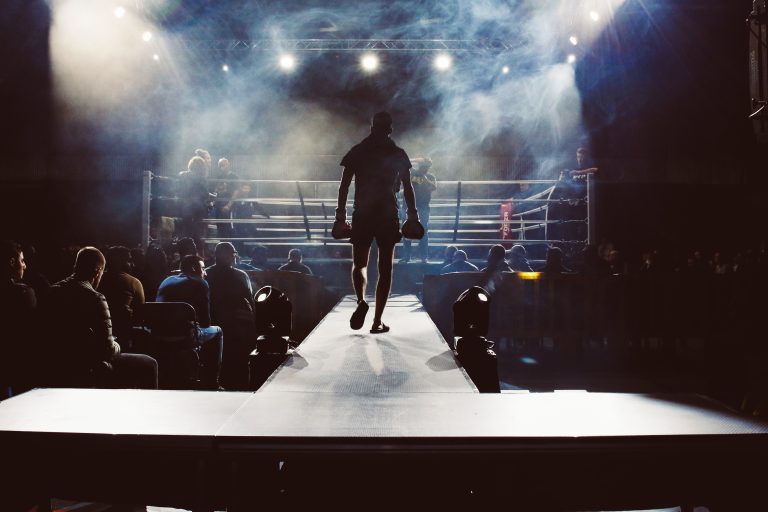Karate and emotional intelligence: How to use them in training
Karate is a martial art form that has gained immense popularity across the globe. Its practitioners are not only physically strong, but they are also known for their mental fortitude, emotional intelligence, and discipline. Emotional intelligence refers to the ability to recognize and manage one’s own and other people’s emotions. It is a vital skill in both personal and professional life. This blog post will discuss how karate and emotional intelligence can be used together in training.
Developing emotional intelligence through karate
Karate requires a high level of focus and discipline to master, and this can help in developing emotional intelligence. Practicing karate helps individuals learn to focus on their emotions, identifying their feelings and understanding how they impact their performance. This skill is crucial in all aspects of life, as it helps people make better decisions, communicate more effectively, and build stronger relationships.
In karate practice, there are moments of intense pressure, whether it’s during a sparring match or breaking boards. These moments can be quite challenging and often bring out strong emotions – fear, excitement, anxiety, and even anger. Through regular practice, karate practitioners can learn how to manage these emotions better. They can learn to control their breathing, focus on the task at hand, and overcome feelings of fear or apprehension.
Using emotional intelligence in karate
Karate practitioners can also use their emotional intelligence to improve their training. Coaches can help students understand how to manage their emotions by creating a safe and supportive environment. By doing so, students can learn to be more confident, focused, and resilient.
Using emotional intelligence in karate also involves setting realistic goals and expectations. Students can set goals for themselves and work towards achieving them. By focusing on the process, rather than the outcome, students can develop a growth mindset, which is essential for personal and professional success.
Conclusion
Karate and emotional intelligence are powerful tools that can help in personal and professional life. By developing emotional intelligence through karate practice, individuals can learn to manage their emotions better, remain focused, and overcome challenges. Using emotional intelligence in karate training involves creating a supportive environment, setting realistic goals, and developing a growth mindset. At the end of the day, karate is not only about physical strength and agility, but it’s also about developing emotional strength and intelligence.
Karate and emotional intelligence: How to use them in training
Karate has always been known as a disciplined martial art that emphasizes the physical and mental aspects of training equally. But beyond physical conditioning and technical skills, there is another fundamental aspect of karate training – emotional intelligence.
In this post, we’ll explore some of the most frequently asked questions about using karate and emotional intelligence in training.
What is Emotional Intelligence?
Emotional intelligence (EI) is the ability to manage and use one’s emotions effectively in different situations, both personal and professional. It encompasses skills such as self-awareness, self-regulation, empathy, and social skills.
Emotional intelligence is vital in martial arts like Karate as the practice demands mental, emotional and physical discipline. Instructors encourage students to understand their emotional states and manage them during training to avoid mistakes or accidents.
Why is emotional intelligence important in Karate training?
Karate, like any other martial art, demands discipline and focus. Emotional intelligence helps a person to:
- Better understand themselves
- Manage their emotions, avoiding anger and anxiety that lead to bad decisions or uncontrolled reactions
- Empathize with training partners, opponents, and instructors
- Comprehend the reasoning and logic behind instruction
Karate requires a balance of body, mind, and spirit. Emotional intelligence helps to ensure that these three aspects are working together harmoniously, leading to an efficient and effective practice.
How to develop Emotional Intelligence in Karate training?
There are several methods for developing emotional intelligence in Karate training. These include:
1. Training in a controlled environment:
Karate training takes place in a controlled environment, which helps to reduce the likelihood of intense emotions like fear or anger. Students learn to manage their emotions under controlled conditions, where they can learn without feeling threatened or judged. Over time, they learn to apply those skills to real-world situations.
2. Learning self-awareness:
By practicing Karate, students learn to become more self-aware. They know when they are tired, overworked or stressed, enabling them to take care of their emotional needs. When they understand themselves, they are better equipped to understand and manage their responses to others.
3. Practicing emotional regulation:
Karate teaches the importance of emotional regulation. Students learn to manage their emotional responses through mindfulness, meditation, and visualization techniques. These skills help them to maintain a state of calm and to think more clearly, which leads to better decision-making.
4. Developing empathy:
Empathy is a critical aspect of emotional intelligence. Instructors encourage students to understand their training partner’s emotional state, to understand the instructor’s intention and to feel a genuine respect towards others‘ feelings. This skill is useful not only in training but also in everyday life, in social gathering or in work.
What are the benefits of using emotional intelligence in Karate training?
Using emotional intelligence in Karate training provides several benefits, including:
- Improved self-awareness
- Better management of emotions
- Deeper connection with training partners and instructors
- Enhanced decision-making and problem-solving skills
- Reduction in stress levels and improved mental clarity
- Increase student’s self-esteem and confidence
Conclusion:
Karate training is not limited to physical conditioning and technical skills only as emotional intelligence is critical to personal development and self-awareness. The discipline of Karate provides an environment where students can develop emotional intelligence that is transferrable to everyday life. By applying the skills of emotional intelligence, students become better martial artists and better people overall.
If you are looking to develop your emotional intelligence, consider taking up Karate training. Not only will you learn vital self-defense skills, but you will also develop valuable emotional intelligence skills that will benefit you in all aspects of your life.
Inhaltsverzeichnis

